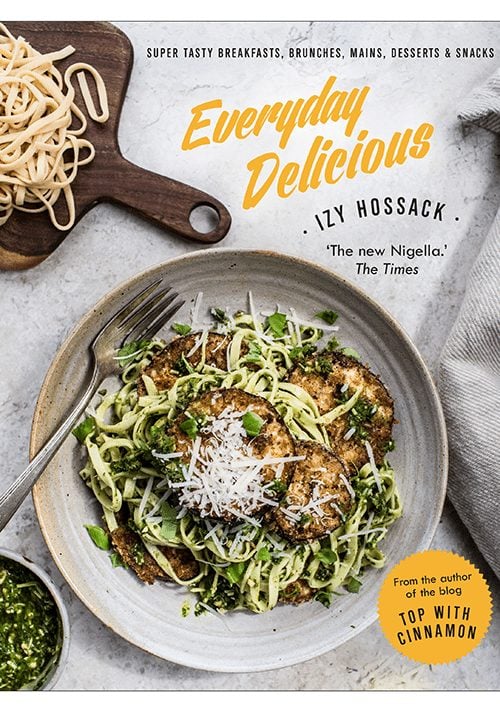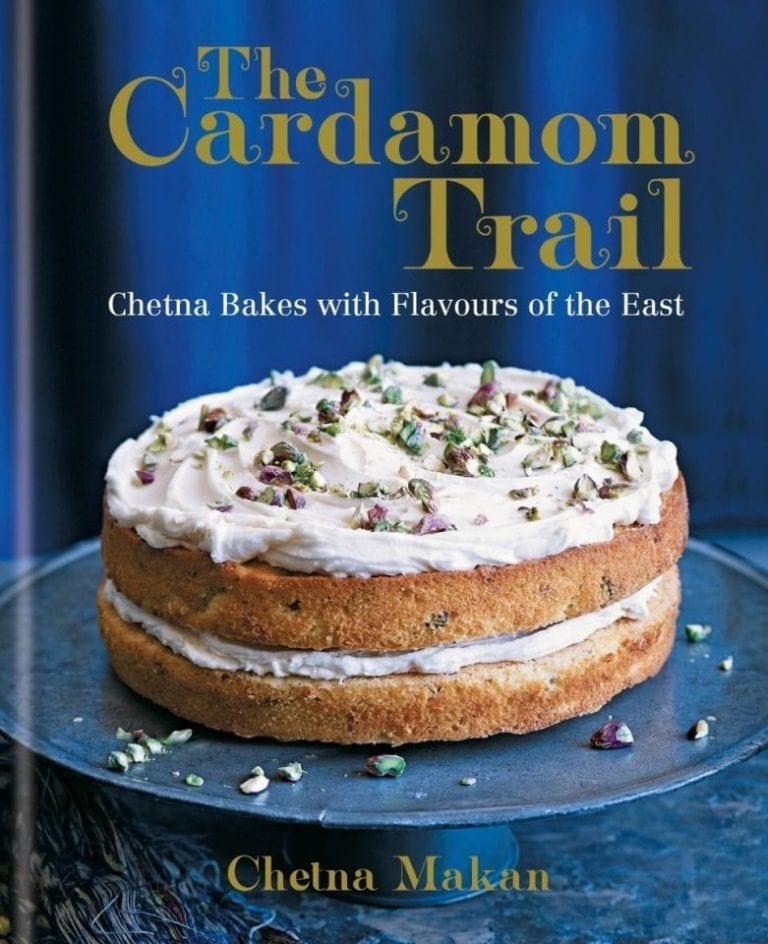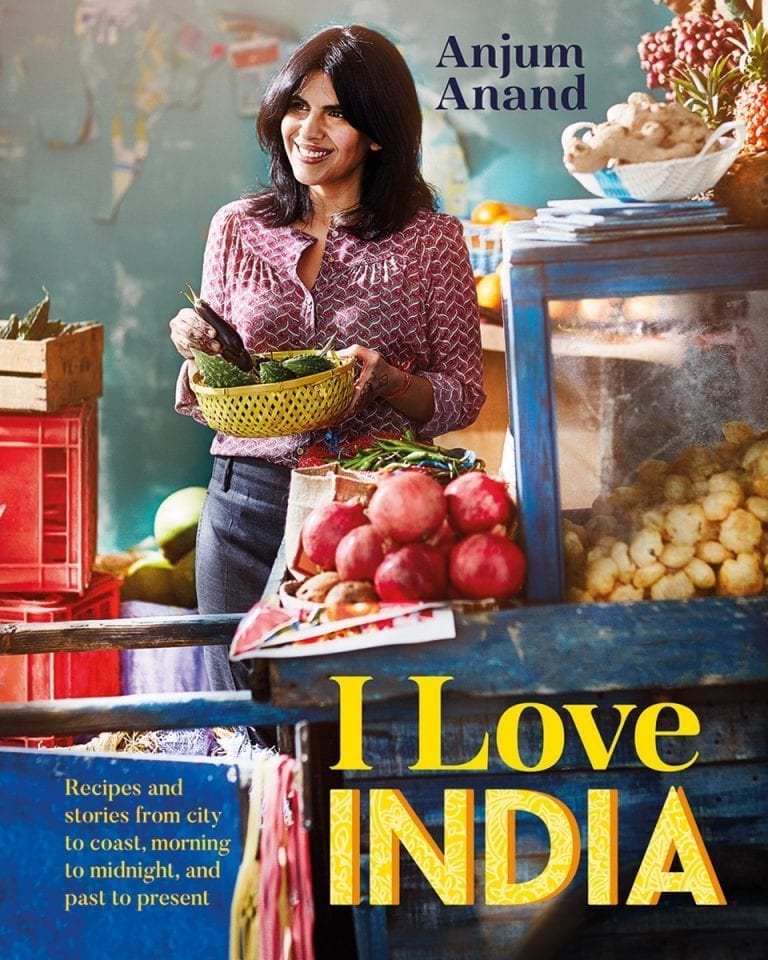10 books every cook should own
Food and wine writer Richard Ehrlich is a connoisseur of cookbooks. We asked him to consider, if he were starting his collection all over again, which treasures he would pick – a definitive 10 that he thinks deserve a spot on every cook’s bookshelf – it’s a tough choice.
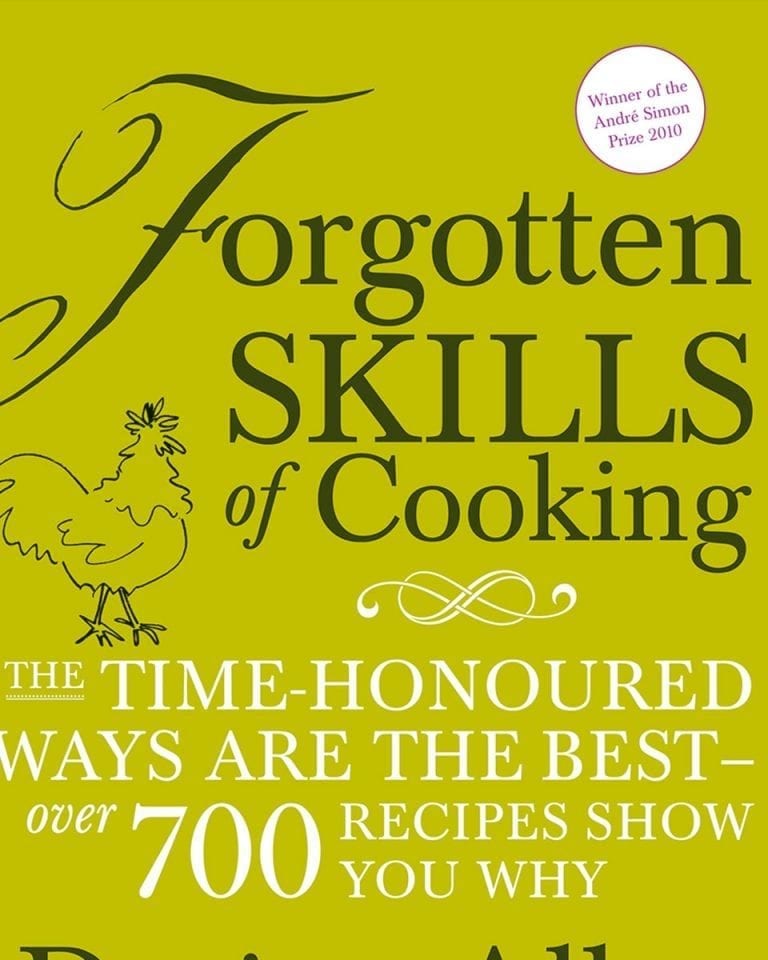
1. McGee on Food & Cooking: An Encyclopedia of Kitchen Science, History and Culture, Harold McGee
I love being able to poach a perfect egg and grill a perfect steak. This book doesn’t tell me how to do those things. Instead it tells me why and how those kitchen miracles happen in the first place – and that’s just as important as any recipe. The chemistry and physics can be heavy going for a science ignoramus like me, but that’s never deterred me and it shouldn’t deter you. Probably the most profound food book ever published, but also fun and stimulating. I often read it in bed.
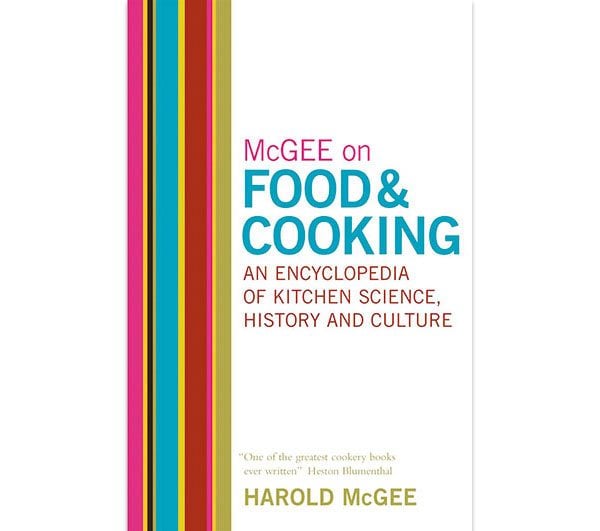
2. Forgotten Skills of Cooking, Darina Allen
I’m old-fashioned when it comes to cooking – or old-fashioned in my fantasy world, at least, where I have lots of time to make everything from scratch. That’s one of the reasons I love this book so much. It reconnects the home cook with processes we usually leave to others, such as preserving fish, meat and fruit, and making elemental foods such as yogurt and butter. Okay, I may not do all these things but I like knowing that I can learn how, and Darina Allen, of Ireland’s renowned Ballymaloe Cookery School, is the perfect teacher. The book is full of wonderful, down-to-earth recipes too. Invaluable.
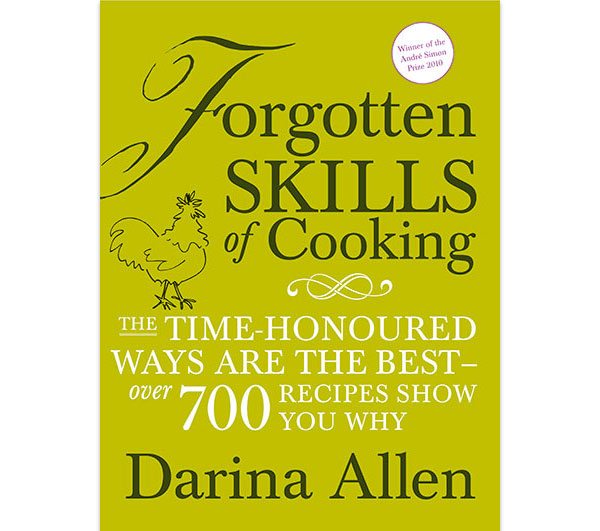
3. The Essentials of Classic Italian Cooking, Marcella Hazan
Some recipe writers have the ability to make you feel like they’re standing in the kitchen with you as you cook. Marcella Hazan is one them, and there’s a good reason for that – she started out as a teacher, and her books flow from years spent correcting sloppy chopping and pathetic pasta rolling. Please note: Essentials is not groovy or ‘creative’. It deals in classic dishes and fundamental techniques, delivering maximum bang for buck. That said, it’s not my absolute favourite Hazan – that’s her most personal, Marcella Cucina. It’s now out of print (grrrr) but if you can hunt down a second-hand copy it’s something worth treasuring, even if a little dog-eared.
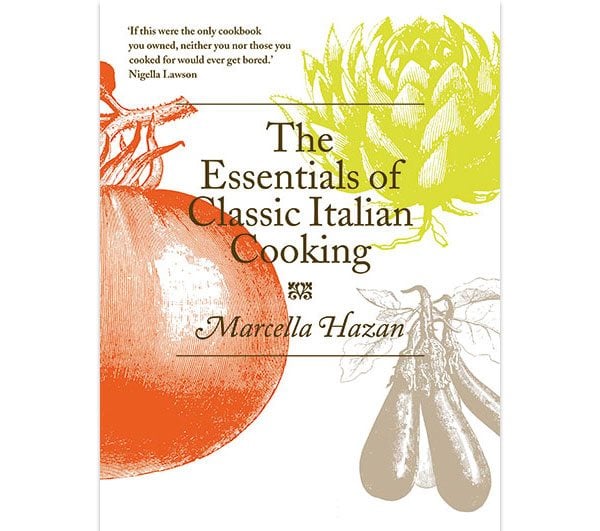
4. Mastering the Art of French Cooking, Julia Child, Louisette Bertholle and Simone Beck
Like the Marcella Hazan book above, this one originates from years of teaching. That explains why, if you follow the recipe exactly, the dish will turn out perfectly. Julia Child and co were writing for early 1960s American cooks (called housewives then), who were assumed to be kitchen dur-brains. So they left nothing to chance, carefully measuring ingredients and describing procedures in minute detail. This is one of the few books that can take you all the way from culinary novice to master. There are two volumes and it’s worth buying the set – a much-imitated masterpiece of cookbook design.
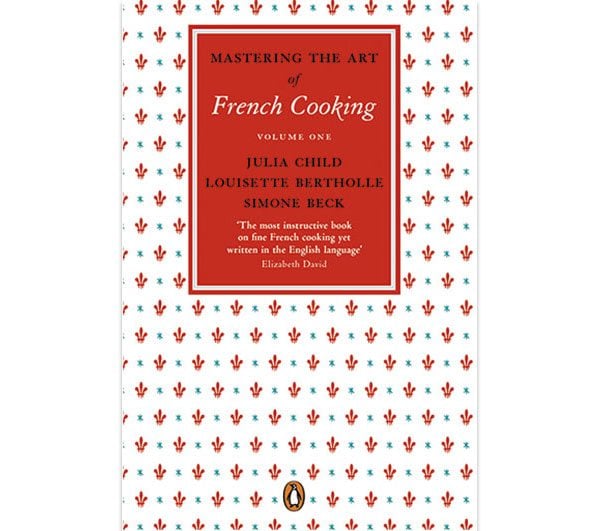
5. Classic Indian Cookery, Julie Sahni
When I grow up, or retire (or maybe in my next life), I intend to become really good at cooking Indian food. This is the book that will get me there. It’s precise, unflashy and great on all the pesky details. Plus, it’s very big, so there’s no danger of developing recipe fatigue. When I’ve worked my way through this one a couple of times, I will move on to Sahni’s Classic Indian Vegetarian Cookery, a book that could persuade me it’s possible to live happily without meat. Well, almost persuade me.
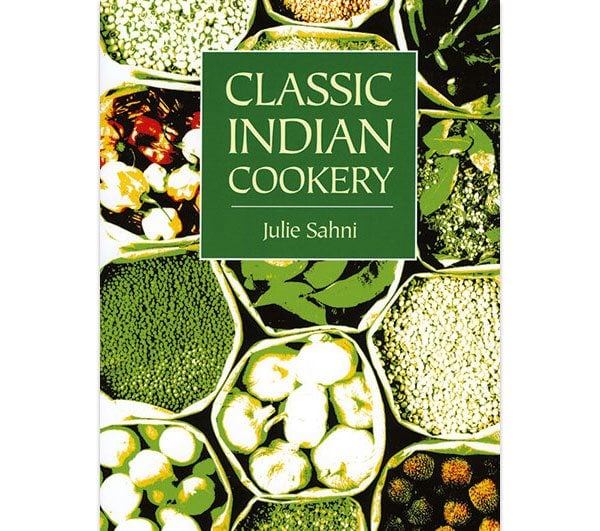
6. Arabesque: A Taste of Morocco, Turkey & Lebanon, Claudia Roden
I love all of Roden’s books, but Arabesque, published in 2005, occupies a special place in my heart. It covers three countries (Morocco, Turkey and Lebanon) in separate chapters, and each chapter begins with a cultural and historical introduction that provides a fascinating context for the recipes; you feel as if you’re being allowed a glimpse of each cuisine’s heart and soul. And, even though I don’t much like to eat couscous, I’m grateful to Ms Roden for enlightening me about its history.
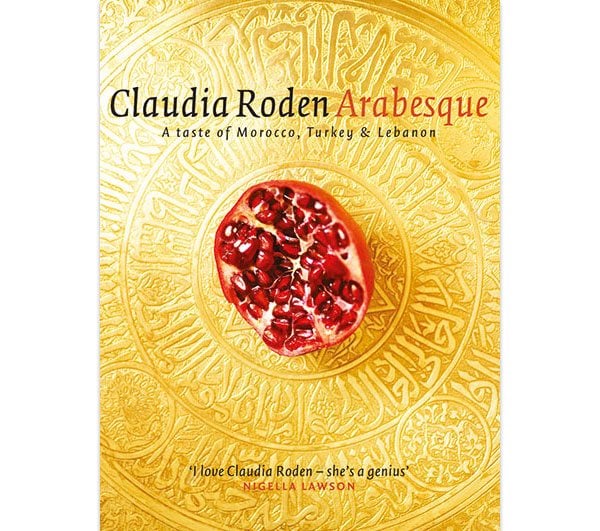
7. The Complete Asian Cookbook, Charmaine Solomon
This book often comes up in conversation when cookery writers talk about their favourites. It’s the cookery equivalent of a one-stop shop: India, Pakistan, Sri Lanka, Indonesia, Malaysia, Singapore, Burma, Thailand, Cambodia, Laos, Vietnam, the Philippines, China, Korea and Japan in a single fat volume (also available in a three-volume set with food pictures in colour). Ms Solomon is an erudite writer who gets real-life dishes from each country and re-creates them in recipes of unfailingly high quality. There are 800 of them – enough to last a lifetime.
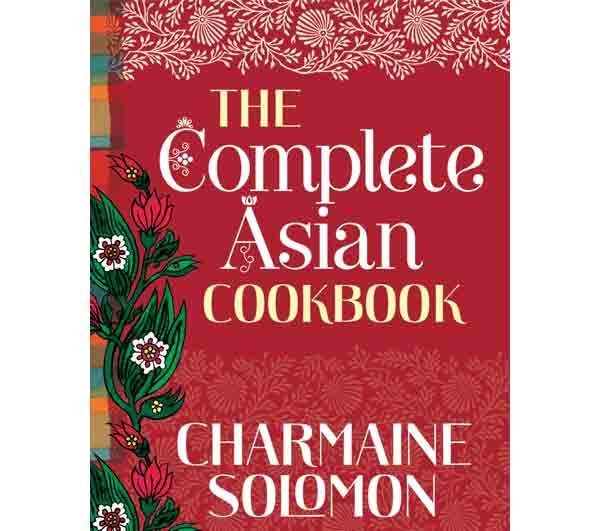
8. Bread Matters: Why and How to Make Your Own, Andrew Whitley
Long before baking became the new national pastime, Andrew Whitley was proselytising eloquently for it. Founder of The Village Bakery in Cumbria and co-founder of the Real Bread Campaign, he’s one of the go-to guys for wisdom of two sorts. One: the reasons we should avoid mass-produced bread and either buy artisanal loaves or (much better) bake our own. Two: the recipes we need for home production. I learned how to make sourdough from him, and this is the culinary equivalent of first love. Other bread books cover lots of the same ground but I don’t think anyone does it better than Whitley.
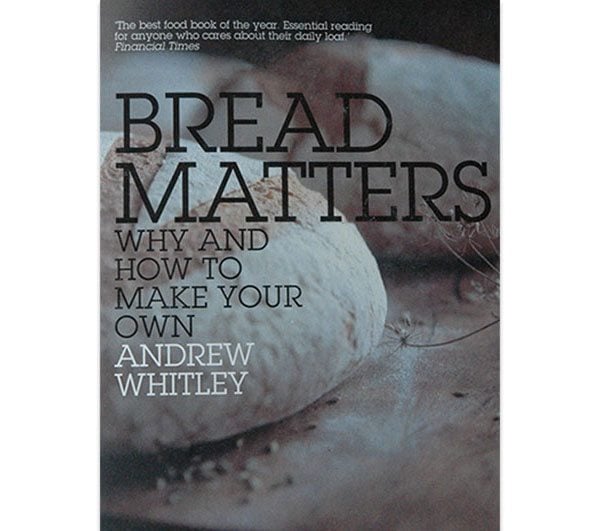
9. Charcuterie and French Pork Cookery, Jane Grigson
I don’t have a favourite food, but I do have a favourite food group: cured pork products. And this book, though first published over 45 years ago, remains one of the best sources of porky wisdom. Traditionalist to its core, it’s the place I go to when I feel like making terrine, rillettes, sausages or anything ham-related. The writing is a pleasure to read, even if you’re not cooking. Reading this book transports me straight to France and provides hours of armchair travel.
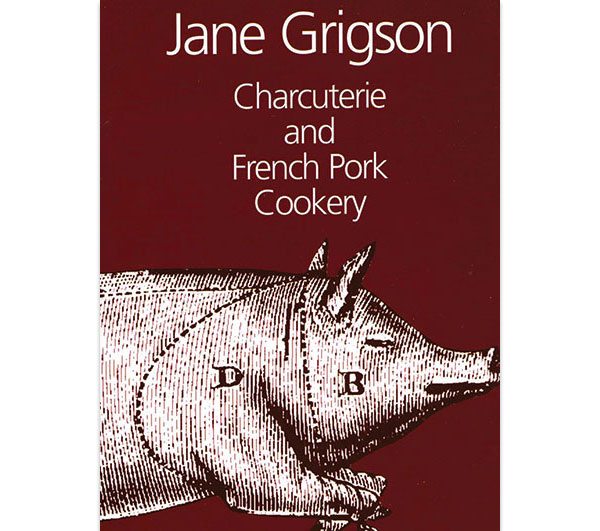
10. Real Fast Puddings, Nigel Slater
I’m not a great lover of sweet foods. I would not be miserable if I never again ate chocolate mousse or salted caramel ice cream. But my friends and family all possess a healthy sweet tooth, and when I’m cooking for them I turn to Nigel Slater for inspiration. It’s not just the speed, it’s the approach: sensible, homey and with a bias towards fresh fruit that harmonises perfectly with my own. Add to that the excellence of the recipe writing. Nigel’s puddings are so good, they even make me want to grab a spoon and eat them.
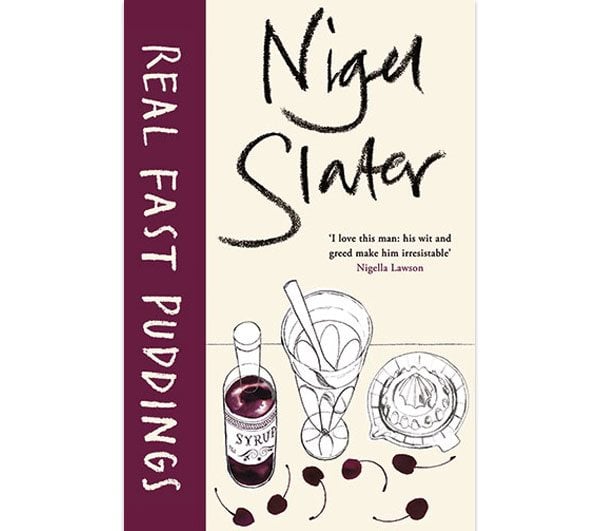
Subscribe to our magazine
Food stories, skills and tested recipes, straight to your door... Enjoy 5 issues for just £5 with our special introductory offer.
Subscribe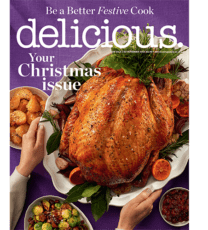
Unleash your inner chef
Looking for inspiration? Receive the latest recipes with our newsletter
